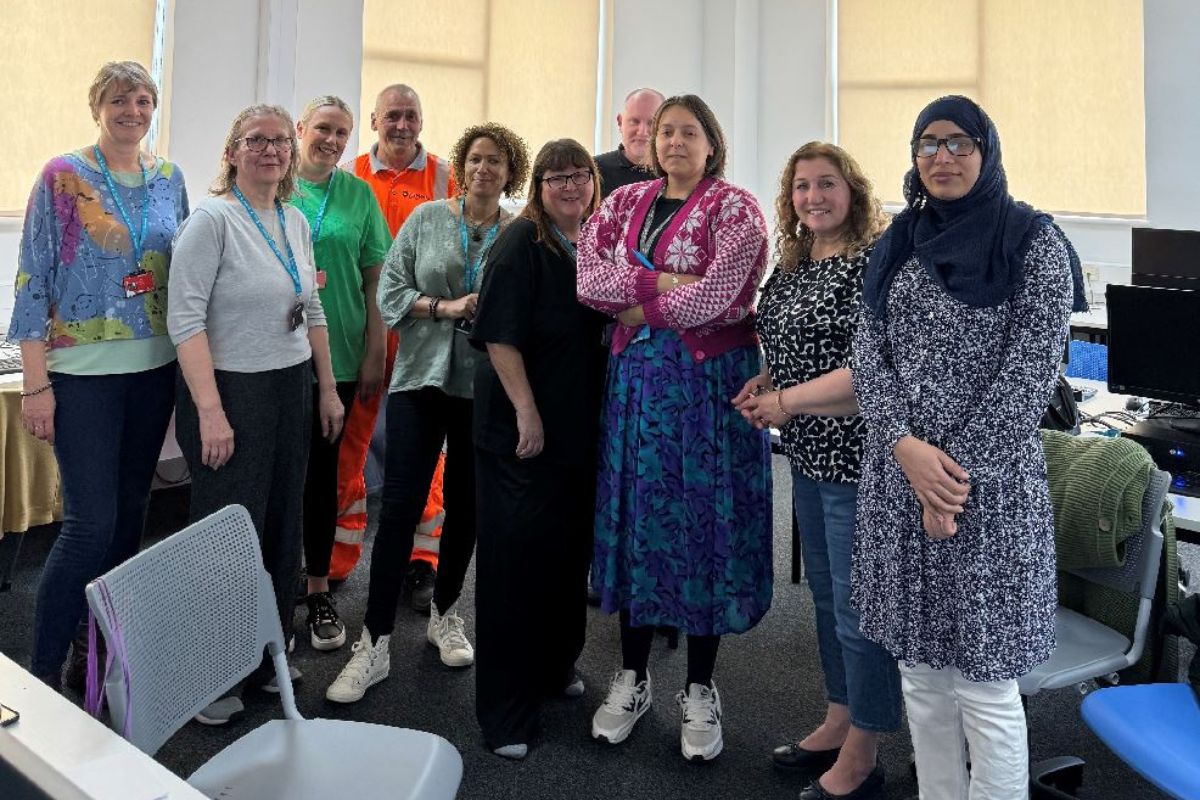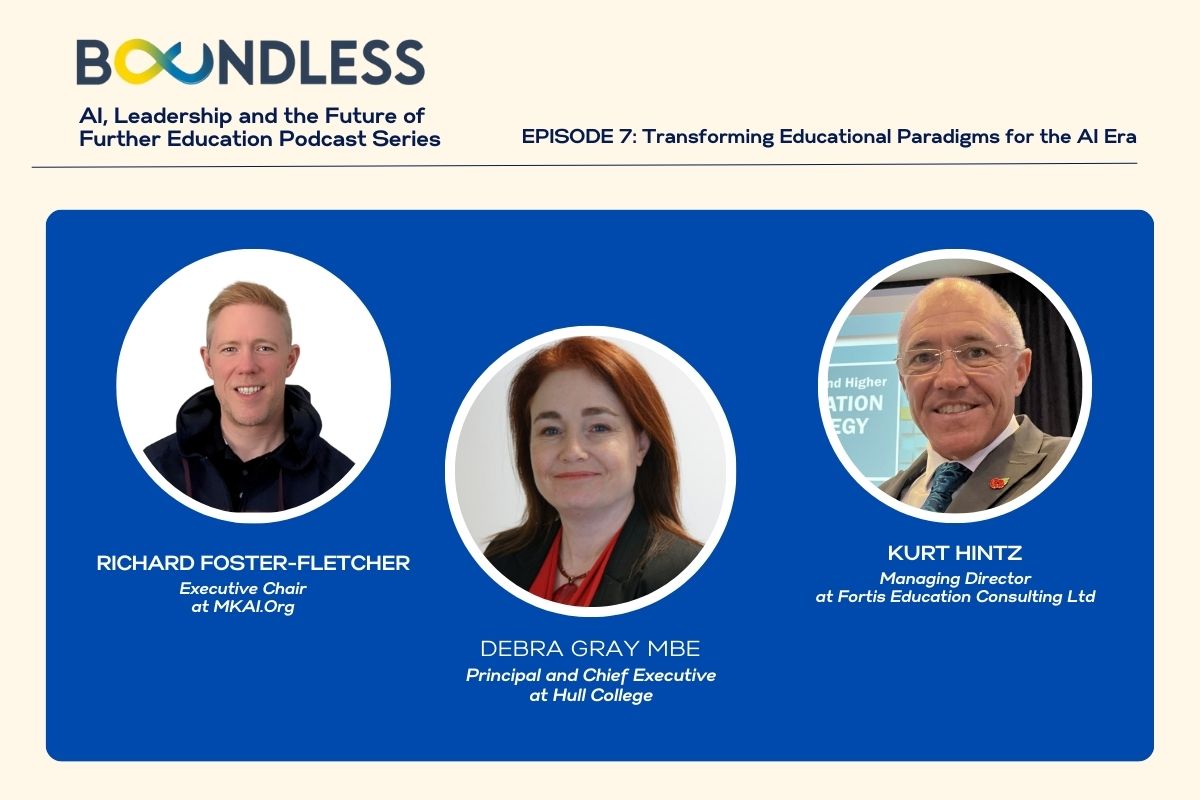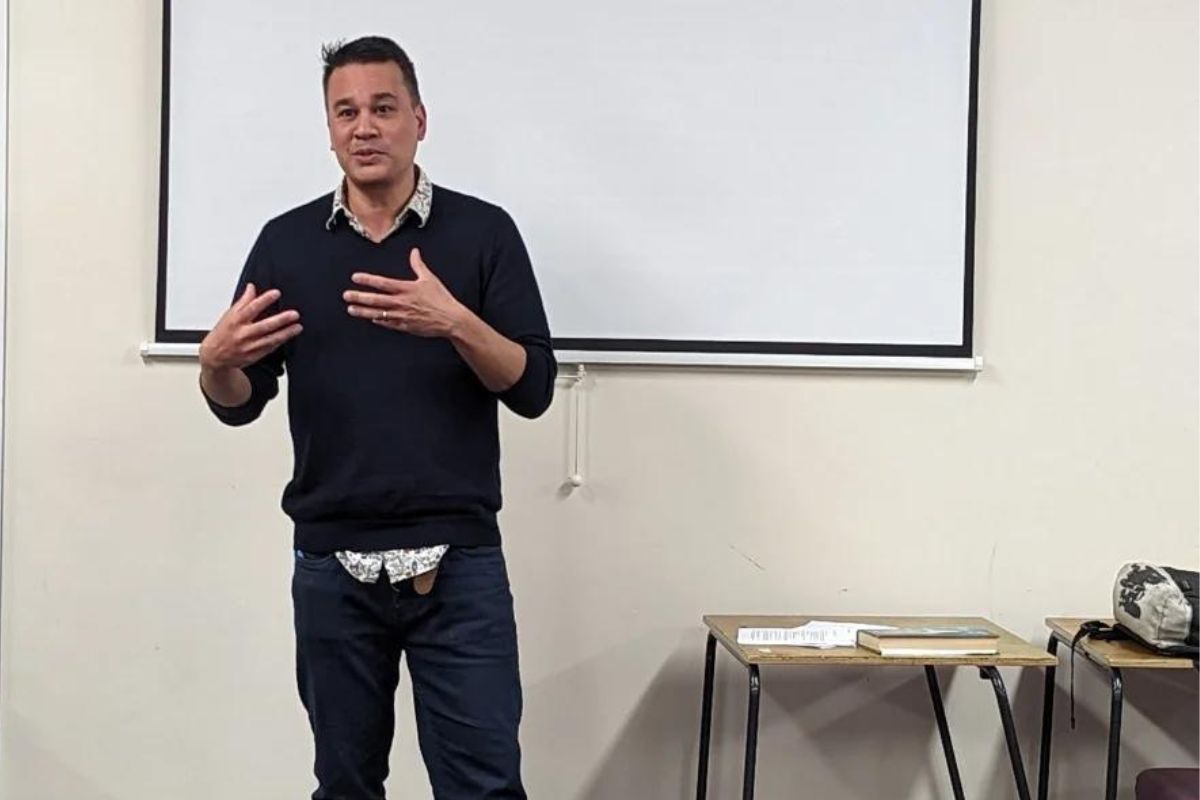Staffordshire University appoints Visiting Professor of Skills and Workforce Policy

Staffordshire University has today appointed Tom Bewick as a Visiting Professor of Skills and Workforce Policy, attached to our successful Institute of Education.
Currently the Chief Executive of the UK’s Federation of Awarding Bodies, Professor Bewick brings more than 25 years of senior leadership and experience working at the forefront of national and international issues; relating to skills policy, apprenticeships and work-based learning.
The initial three-year appointment will enable the University and wider community to benefit from more applied practitioner thinking in the post-16 curriculum; as well as help nurture some applied research in an area of policy that is central to improved productivity – tackling long-term regional and local socio-economic imbalances in skills.
Commenting on the appointment, Professor Martin Jones, Vice-Chancellor and Chief Executive, said: “Professor Bewick will bring a wealth of experience to our University as he has played a major role in education across the sector for more than 25 years.
“Our Institute of Education comprises all our education teaching provision at Staffordshire and brings staff within education together with the Centre of Learning and Pedagogic Practice (SCoLLP) and our new Woodlands Day Nursery and Forest School.
“We very much look forward to benefitting from Professor Bewick’s expertise in national and international issues on skills policy, apprenticeships and work-based learning and we are delighted to have him onboard as we progress in our journey to be a global standard bearer and known as the UK’s most consistently excellent modern university.”
Professor Bewick, said: “I’m delighted to take on this exciting new role at Staffordshire University. The whole ethos of the university – as a connected institution – working closely with students, businesses and the local community, speaks to my passion for a skills agenda that leaves no one behind.
“I hope my over two decades of experience in developing and influencing skills and workforce policy in this country and abroad, will help bring some real benefit to the outstanding work of the Institute of Education.
“In particular, I’m keen to develop an interdisciplinary approach to the understanding of skills policy. This will require the development of a policy analysis framework that links institutional and programmatic reforms carried out by governments in post-compulsory education over the past 80 years, with broader academic debates about the role of state intervention in the labour market (sectoral and spatially); including the contemporary role of the private sector and employers in supporting workforce skills.”











Responses